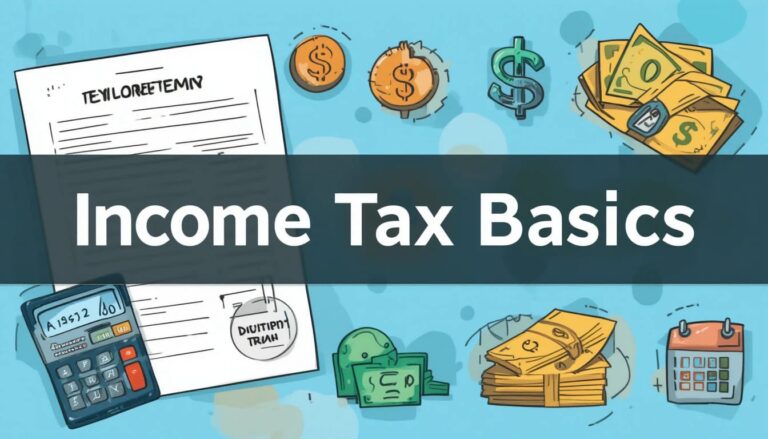Tax Benefits for Homeowners: Save More by Owning a Home in 2025
Owning a home doesn’t just provide a place to live—it can also offer several valuable tax benefits. As a homeowner, you may qualify for deductions and credits that can lower your taxable income and reduce the amount you owe to the IRS. Understanding these advantages is essential to making the most of your home investment. Here’s a comprehensive guide to the tax benefits available to homeowners in 2025.
1. Mortgage Interest Deduction
One of the most significant tax breaks for homeowners is the mortgage interest deduction. If you itemize your deductions, you can deduct the interest paid on your mortgage, up to a certain limit.
- For mortgages taken out after December 15, 2017, you can deduct interest on up to $750,000 of mortgage debt ($375,000 if married filing separately).
- For older mortgages, the previous limit of $1 million may still apply.
This deduction applies to your primary residence and, in some cases, a second home.
2. Property Tax Deduction
Homeowners can deduct the property taxes they pay to local and state governments. However, under the Tax Cuts and Jobs Act (TCJA), the state and local tax (SALT) deduction is capped at $10,000 ($5,000 if married filing separately). This includes a combination of property, income, and sales taxes.
While capped, this deduction still offers substantial savings, especially in states with high property taxes.
3. Mortgage Insurance Premiums
If you were required to purchase private mortgage insurance (PMI) when buying your home, you may be able to deduct those premiums as well. This deduction has been extended multiple times, so it’s important to check if it’s still available for 2025.
Typically, this benefit is phased out for taxpayers with adjusted gross incomes above certain limits.
4. Home Office Deduction (for Self-Employed)
If you’re self-employed and use part of your home exclusively for business, you may qualify for the home office deduction. You can deduct a portion of your home expenses—including utilities, rent or mortgage interest, internet, and repairs—based on the percentage of your home used for business.
Note: This deduction is only available to self-employed individuals, not employees who work remotely.
5. Capital Gains Exclusion on Home Sale
If you sell your home for a profit, you may be able to exclude up to $250,000 of capital gains from your income ($500,000 for married couples filing jointly), provided you meet the ownership and use tests:
- You owned the home for at least 2 of the last 5 years.
- You lived in the home as your primary residence for at least 2 of those years.
This is a major benefit, especially in markets where home values have appreciated significantly.
6. Energy Efficiency Tax Credits
Installing energy-efficient upgrades in your home—like solar panels, energy-efficient windows, or new insulation—may qualify you for federal tax credits, not just deductions.
In 2025, the Energy Efficient Home Improvement Credit and the Residential Clean Energy Credit offer incentives for reducing your home’s carbon footprint while saving on your energy bills.
7. Points Paid on a Mortgage
If you paid points (prepaid interest) to lower your mortgage interest rate, you may be able to deduct those points. In most cases, points must be spread over the life of the loan, but certain conditions allow a full deduction in the year you paid them.







